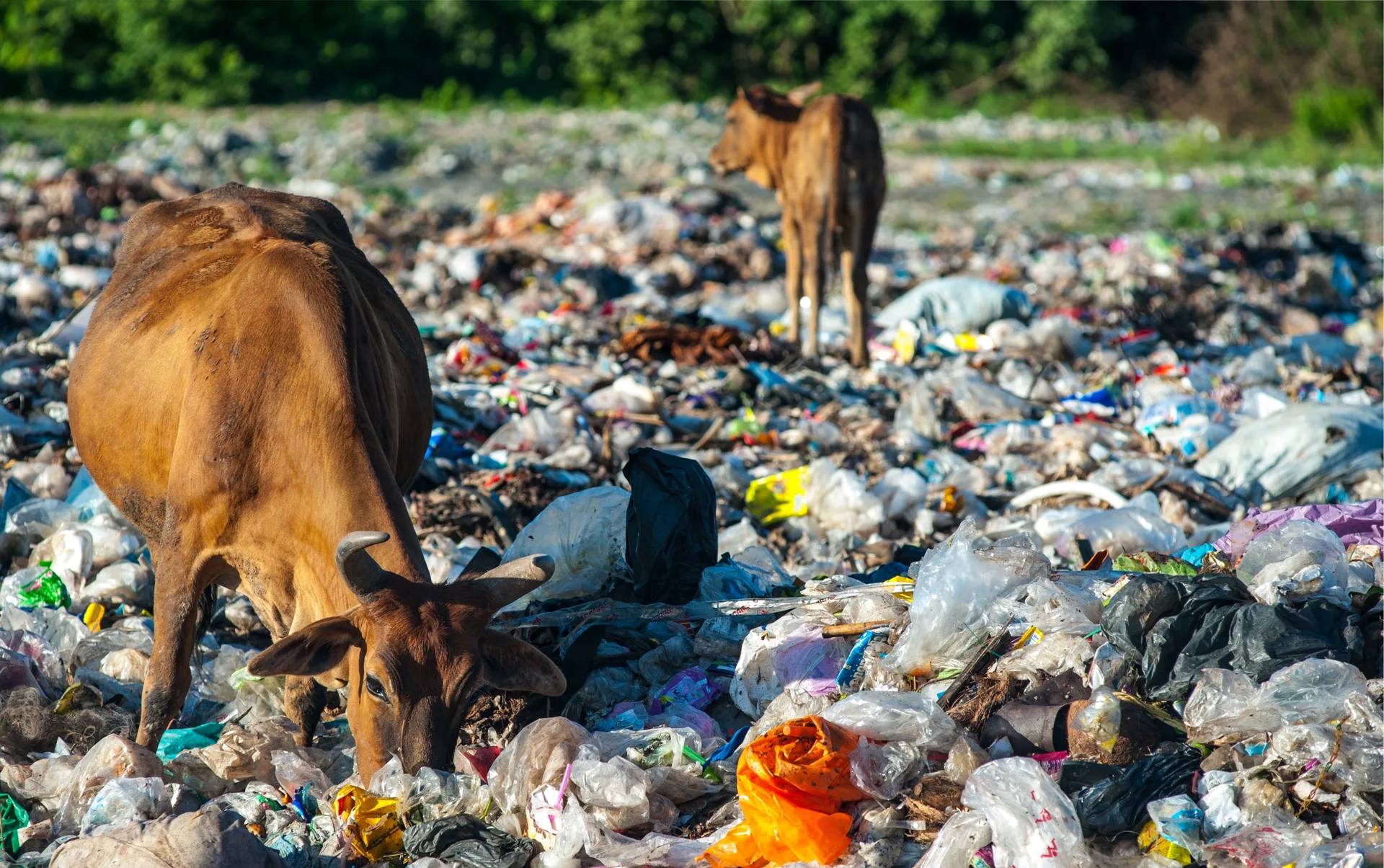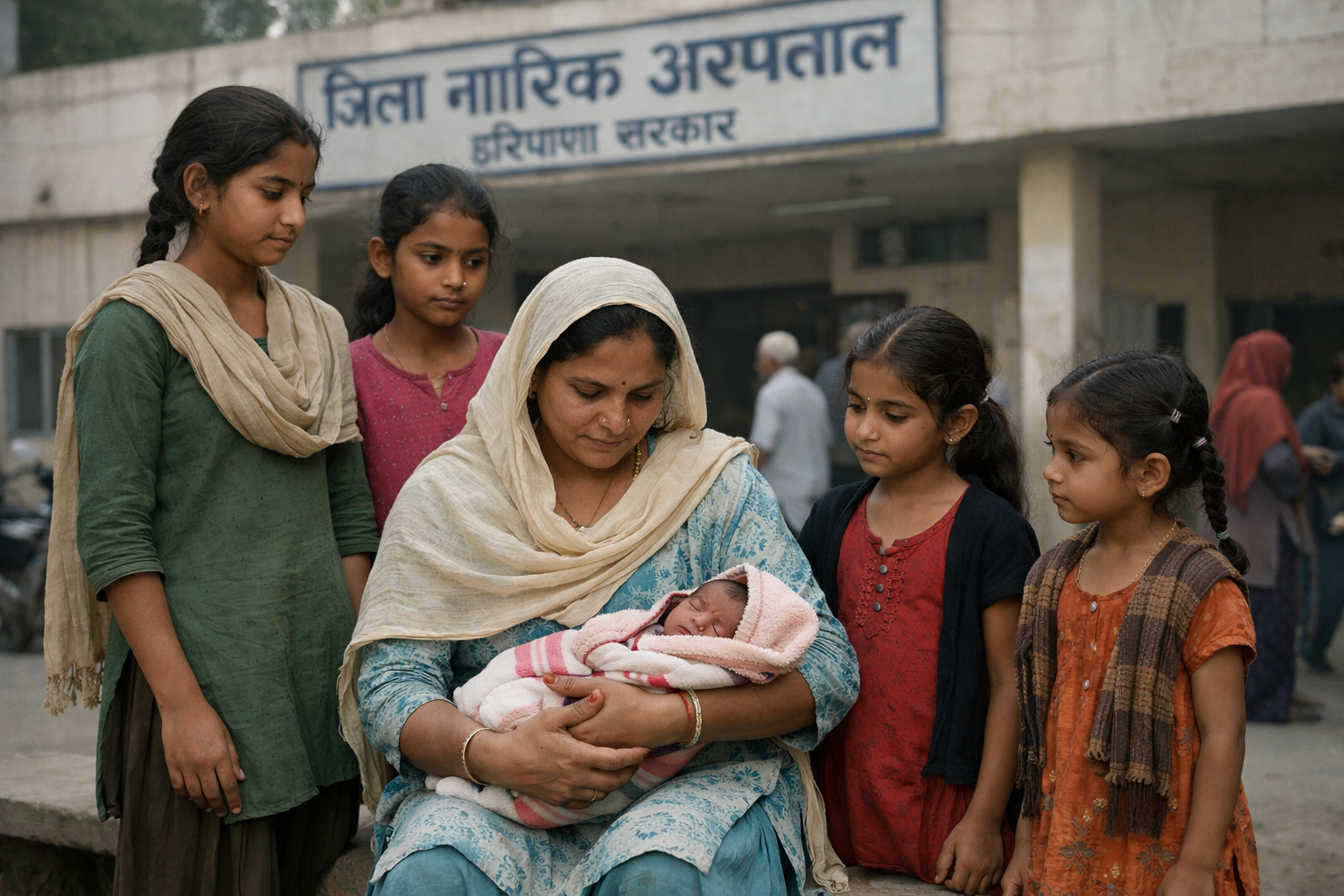
In a significant development for agricultural education, Vice-Chancellor Prof. B.R. Kamboj of HAU and Vice-Chancellor Professor George Williams of WSU formalized their partnership through a Memorandum of Understanding (MoU) in New Delhi. This collaboration marks a new era in international agricultural education, focusing on creating dual degree programs for students from both institutions.
Innovative Dual Degree Structure
The agreement introduces two groundbreaking programs. The first is a 3+1 program where undergraduate students complete three years at HAU and one year at WSU, earning BSc Agriculture degrees from both universities. The second, a 3+1+1 program, allows students to pursue their postgraduate studies, spending three years at HAU and two years at WSU, resulting in dual MSc Agriculture degrees.
Research and Technology Exchange
The partnership extends beyond just degrees. Students and researchers from HAU will gain access to WSU's advanced research facilities and cutting-edge agricultural technology. This collaboration aims to enhance research quality and provide students with exposure to international agricultural practices and innovations. WSU's plans to establish a campus in India will further strengthen these ties.
Career and Growth Opportunities
Students participating in these programs will benefit from improved job prospects in international agricultural sectors. The partnership focuses on developing skilled professionals who understand both Indian and Australian agricultural systems. The collaboration also emphasizes joint research projects, promising to enhance the quality of agricultural research and innovation.
This collaboration represents a significant step forward in international agricultural education, combining the strengths of both institutions to create more opportunities for students and researchers. With WSU's plans to establish a campus in India, this partnership is expected to grow stronger and create more avenues for academic and research excellence in the agricultural sector.
The program's structure ensures that students receive comprehensive exposure to both Indian and Australian agricultural practices, making them more competitive in the global job market.














